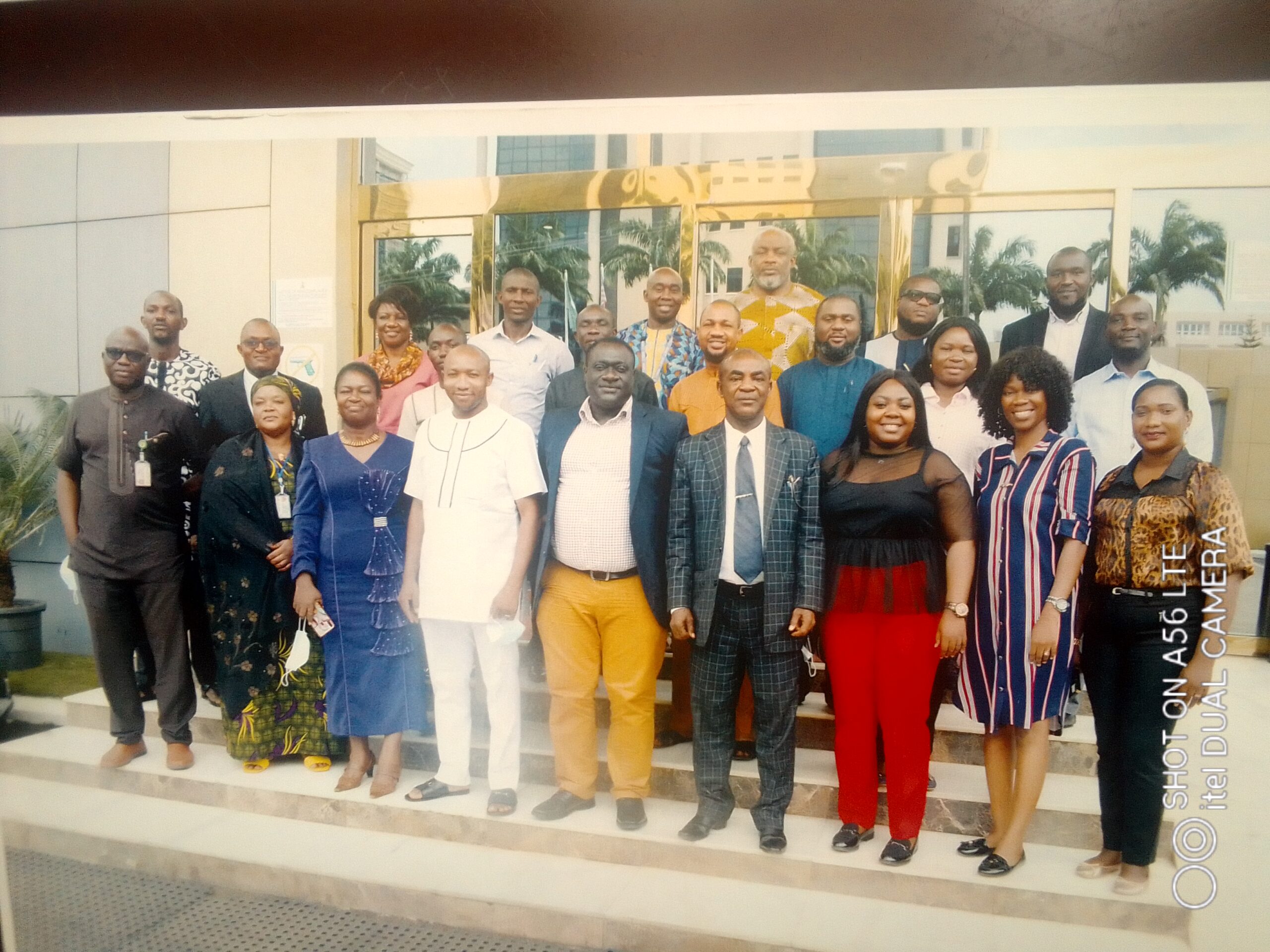…As 100 MDAs, CSOs Meet in Abuja Over FOI
Representatives of federal public institutions in Nigeria have poured encomiums on the Rule of Law and Anti-Corruption -ROLAC programme of the British Council (funded by the European Union) for her support towards the development and validation of a Proactive Disclosure Protocol for Nigeria’s Freedom of Information (FOI) Act.
Speaking during a 2-day meeting for the validation of a draft Proactive Disclosure Protocol for the Freedom of Information Act, held in Abuja, weekend, Head, Freedom of Information Unit of the Federal Ministry of Justice, Gowon Ichibor described the FOI Proactive Disclosure Protocol as timely and capable of adding value to FOI compliance in Nigeria.
He reiterated the commitment of the office of the Honourable Attorney General and Minister of Justice of the Federation to vigorous implementation of Nigeria’s Freedom of Information Act, even as he urged citizens to take advantage of the Act to ask questions about government activities.
He further described the Proactive Disclosure Protocol as a veritable tool that will enhance the compliance of public institutions with their proactive disclosure obligation, in line with the provisions of the Act.
Speaking earlier, Anti-corruption Manager of Rule of Law and Anti-Corruption, Emmanuel Uche likened corruption to darkness, describing the FOI Act as capable of dispelling the darkness.
He also called on Nigerians to take advantage of the FOI Act to hold the government accountable, even as he urged public institutions to ensure compliance with their proactive disclosure obligation under the FOI Act, as well as other sections of the Act.
In his presentation on the essence of the Proactive Disclosure Protocol for public institutions, ROLAC’s lead Consultant on Freedom of Information Act, Dr. Walter Duru described Proactive Disclosure as a statutory obligation under the FOI Act that public institutions are required to comply with.
Citing section 2 of the FOI Act, Duru who is also the Executive Director of Media Initiative against Injustice, Violence and Corruption-MIIVOC and chairs the Board of the Freedom of Information Coalition in Nigeria explained that “section 2 of the FOI Act (2011) makes it a statutory obligation for public institutions to disclose certain categories of information proactively.”
According to him, “the ability of public institutions to comply with the proactive disclosure provisions of the Freedom of Information Act brings real meaning to section 2 the Act.”
The proactive Disclosure Protocol provides for nine procedures for complying with the proactive disclosure section of the FOI Act. It also has a checklist for compliance, in line with the FOI Act.
Reiterating ROLAC’s huge investments in the promotion of good governance in Nigeria, ROLAC’s Programme Officer, Pwanakei Dala explained that the organisation’s interventions on FOI and other good governance initiatives cut across five states of Kano, Lagos, Adamawa, Anambra and Edo, as well as the Federal Capital Territory, targeting federal public institutions and non-state actors.
Moving their respective motions for the adoption of the Protocol, representative of the Civil Liberties Organisation, Chidi Ekpewerechi and his public institutions counterpart from the Bureau for Public Service Reforms, Eghe Ekpe described the Proactive Disclosure Protocol as a necessary tool for increased compliance with section 2 of the FOI Act, even as they joined their colleagues in commending ROLAC for the intervention.
Mr. Ekpewerechi’s motion for adoption, on behalf of civil society stakeholders was seconded by Francis Ndimkoha of Citizens’ Quest for good governance; while Ekpe’s motion on behalf of public institutions was seconded by Juliet Achebe of the National Orientation Agency.
Highlights of the 2-day meeting were formal motions by both state and non-state actors adopting and validating the Proactive Disclosure Protocol, encomiums on ROLAC by participants for its consistent support to the course of FOI implementation in Nigeria, among others.
No fewer than one hundred (100) public institutions and civil society organizations attended the 2-day event.
The 2-day event was put together by the Media Initiative against Injustice, Violence and Corruption-MIIVOC, in collaboration with the Freedom of Information Unit, Federal Ministry of Justice and Freedom of Information Coalition, Nigeria; with support from the Rule of Law and Anti-Corruption-ROLAC programme.
It would be recalled that the Freedom of Information Act was signed into law on the 28th of May, 2011. The law seeks to make certain public records more freely available to citizens, even as it empowers the citizens to hold the government accountable.

Leave a Reply